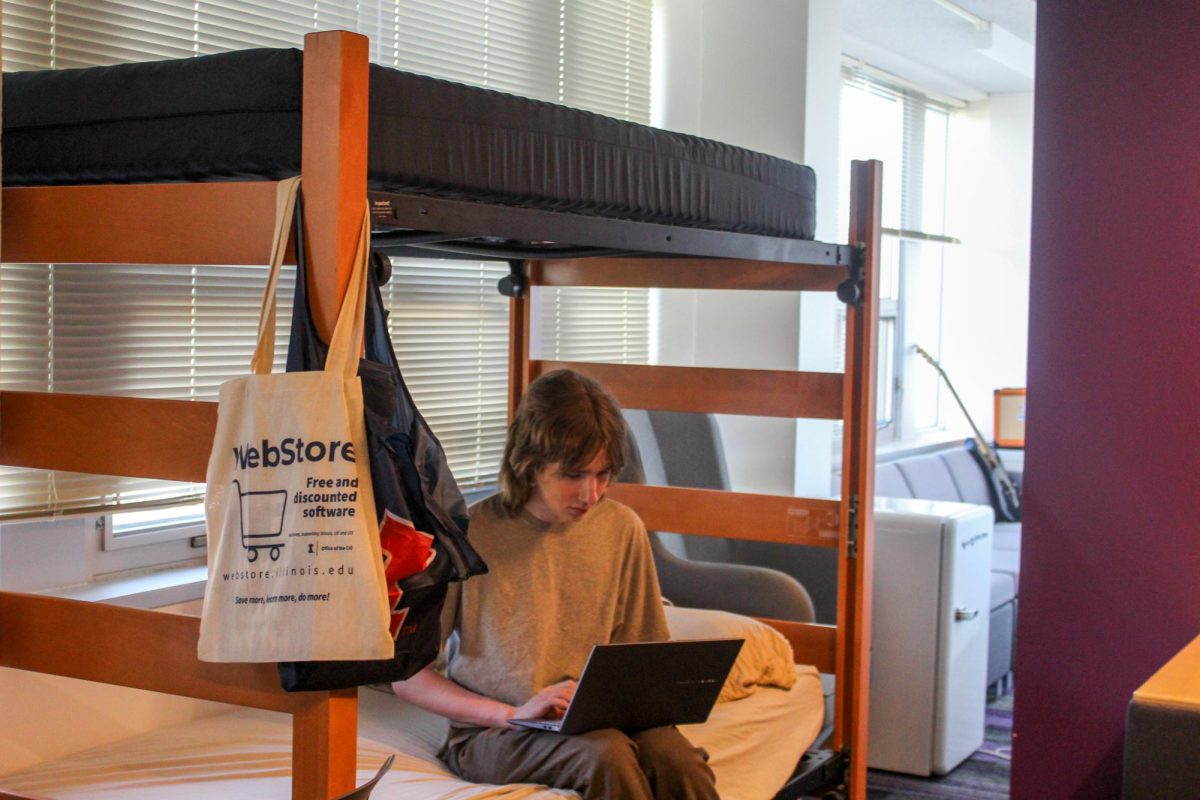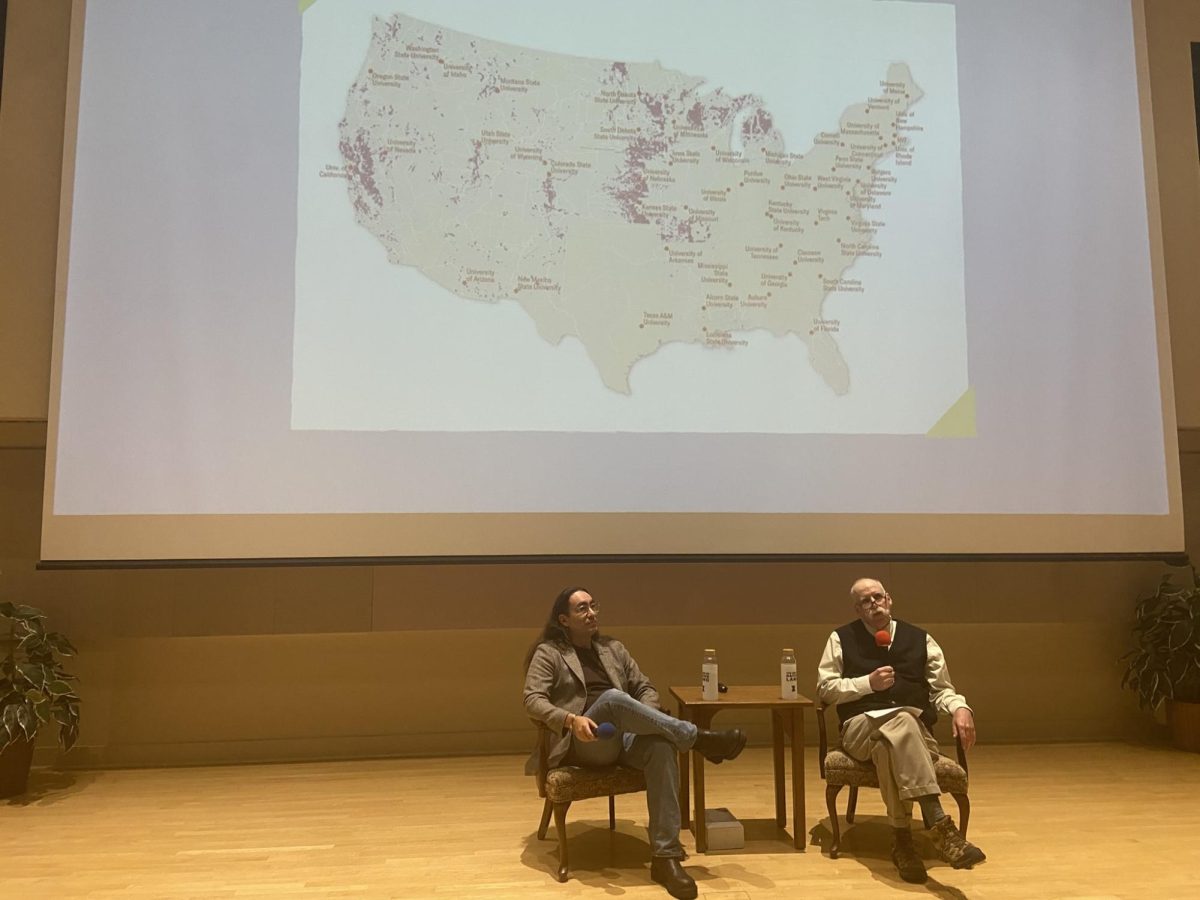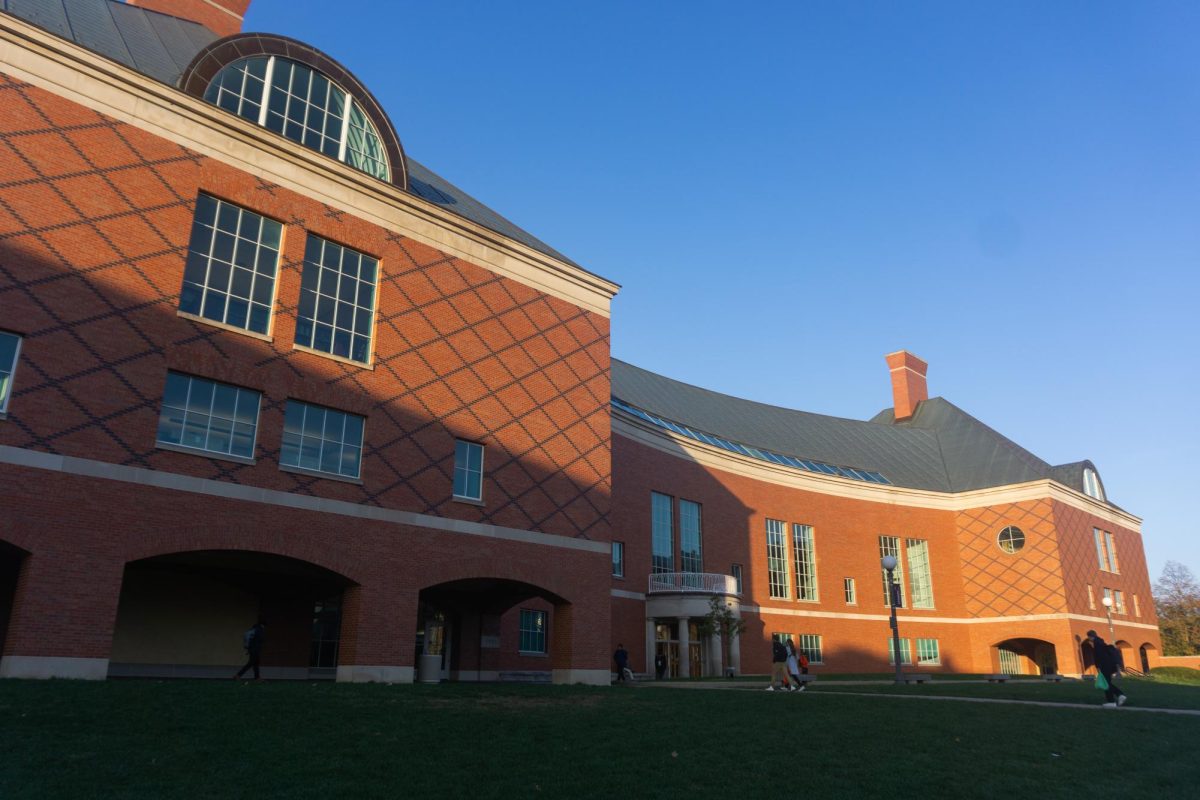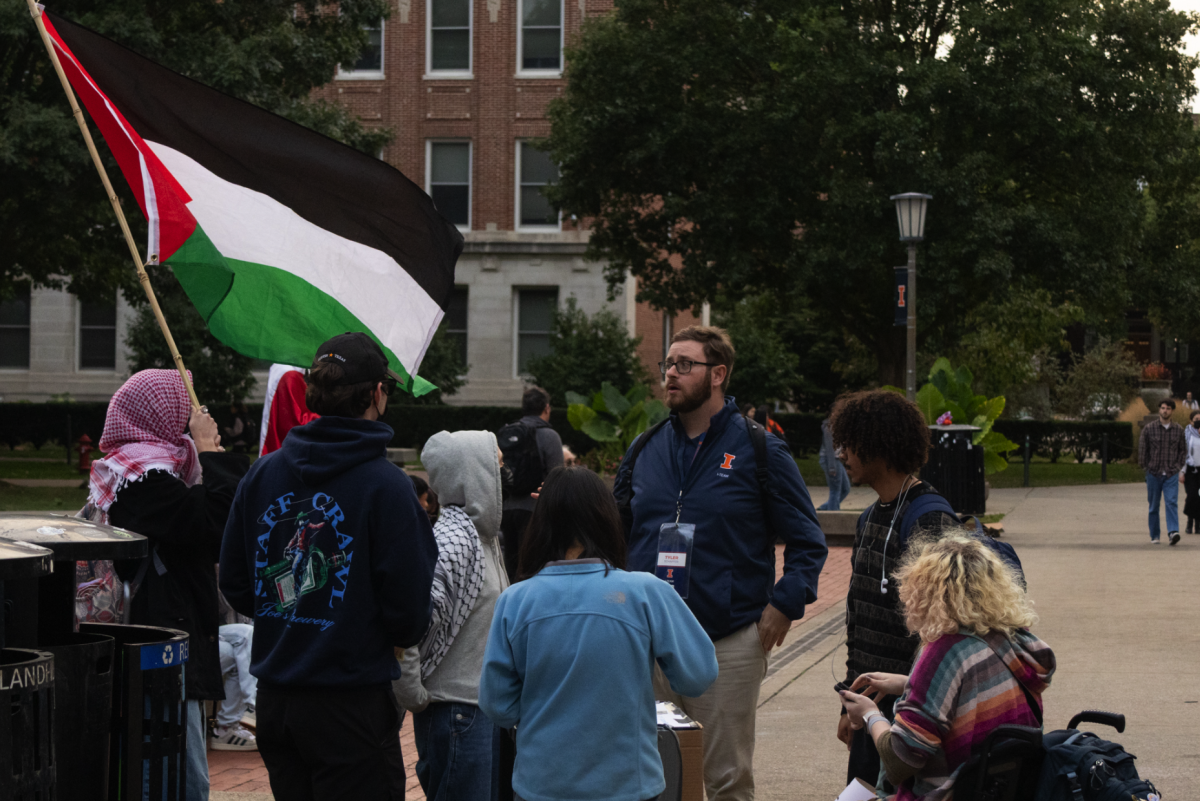Last updated on Sept. 25, 2023 at 03:51 p.m.
The Department of Geography & Geographic Information Science hosted a colloquium entitled “Monstrous Microbes: Race, disease, and ontology” as part of a year-long weekly series. It was held in Davenport Hall at 3 p.m. on Friday and featured guest speaker Patricia Lopez, a geography professor at Dartmouth College.
Lopez says that her research finds itself at the intersection of disease, race and racial science. Much of the geographer’s research surrounds how different diseases affect and change the world physically, politically and socially.
Lopez found interest in the topic when she took a health geography class as an undergraduate student. She found passion learning about new diseases and their effects on the human body.
“It was a disease a week and I fell in love,” Lopez said.
Get The Daily Illini in your inbox!
She tied her newfound knowledge of diseases into her political geography course and immediately saw the intersections between politics and disease.
The Department of Geography & GIS invited Lopez to speak about a chapter of her ongoing book entitled “Monstrous Microbes: Geographies of Disease and the Human.” The project concerns racism and its potential to influence human life down to the microbiological level.
The project began as an article about a court case in 2014, but ended up evolving into a compilation of multiple cases. Lopez tied the instances together and found that they were all part of a larger issue.
“That prompted me to think about this as a theoretical framework,” Lopez said.
The chapter discussed at Friday’s colloquium focused on a specific court case regarding bacterial diseases in Haiti and painted these instances as examples of how race can impact medicine. In her presentation, Lopez analyzed the racial language used in the court case, theorizing that racism has influenced not only the social interaction surrounding medicine, but the health of affected patients.
Lopez explained that disease microbes can serve as nonhuman entities that physically represent racism through their human host, an agent of biological power.
During the talk, Lopez emphasized the transmogrification of a disease when it is spread from one racialized body into another racialized body — specifically the way yaws in a Haitian man would be classified as syphilis once contracted by a white man.
According to Lopez, the remainder of the book will deal with similar instances of biological diseases that have contributed to racial issues.
“It’s less the book and more the theoretical framework I’m working here with, which is thinking about microbes as a sort of ontological actives,” Lopez said.
Evidence of the racial scientific influences on biomedicine create controversies in medicine, Lopez explained.
“I think COVID-19 was such a great example of this,” Lopez said. “We see this again with long COVID — Black people are not having their long COVID symptoms taken seriously.”
Lopez said she hopes to inform the public of the biological contributions to racial science and how they affect the medical industry.
“I can sit here and give you a talk, but what do we do with that?” Lopez asked. “Writing papers and giving talks isn’t going to do what it needs to do, but what can we do every day to sort of walk towards a different kind of future?”








